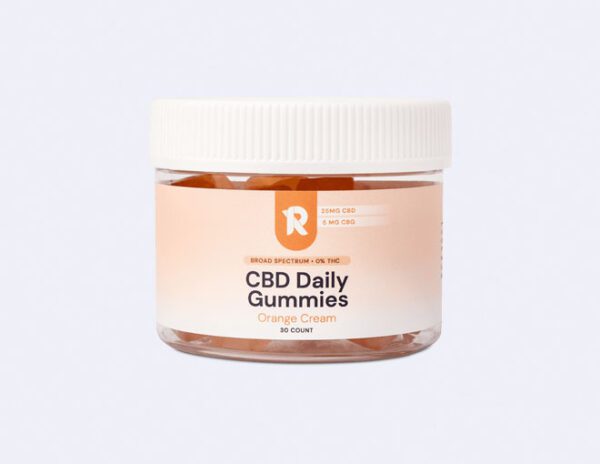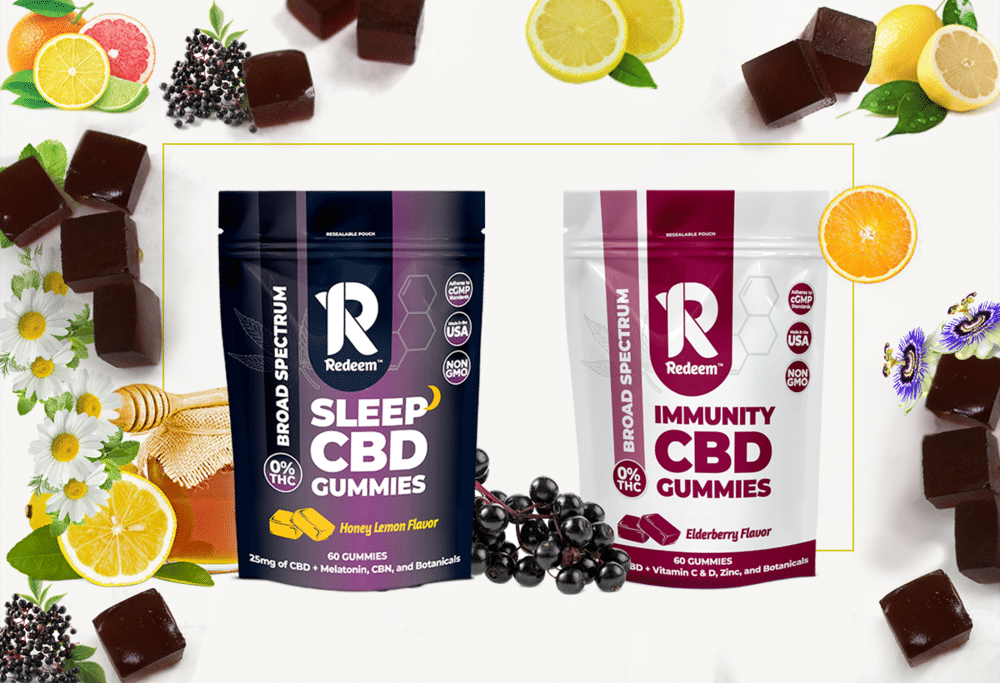Your Cart Details
By Angela Queen | Jul 22, 2025
THCA Vs CBD: What CBD Consumers Should Know Before You Buy
THCA Vs CBD: What CBD Consumers Should Know Before You Buy
By Angela Queen | Jul 22, 2025
For CBD consumers, the cannabis wellness world just keeps expanding. You may have heard about THCA (tetrahydrocannabinolic acid) and wondered how it compares to your trusted CBD (cannabidiol) products. Are they similar? What makes them different? And most importantly, which one is right for you?
In this guide, we will explain the basics of THCA and CBD. We will look at what each compound is, their benefits, and how to pick the best option for your wellness routine.
Understanding THCA and CBD: The Basics
Let’s start with the science. Both THCA and CBD come from the Cannabis sativa plant, but they play very different roles.
- THCA (tetrahydrocannabinolic acid) is the raw, non-psychoactive form of THC found in fresh cannabis. When heated, like when smoking, vaping, or baking, THCA changes to THC. THC is the compound that causes the classic cannabis “high.” THCA does not make you feel high on its own. Researchers are studying it for its anti-inflammatory, neuroprotective, and anti-nausea benefits.
- CBD (cannabidiol) is a compound that does not make you high. It works with the body’s endocannabinoid system. This system helps control mood, pain, sleep, and inflammation. CBD has gained significant popularity due to its potential health benefits. It does not cause a high. You can find CBD in various products, including oils, capsules, gummies, and creams.
While they come from the same plant family, THCA and CBD interact with the body in unique ways, making them suitable for different wellness goals.
Key Benefits: THCA vs CBD
When deciding between THCA and CBD, it helps to understand what each compound may offer.
THCA Benefits
Research on THCA is still emerging, but early studies and anecdotal reports suggest potential benefits including:
- Anti-inflammatory effects: THCA may help lower inflammation. This makes it useful for arthritis, muscle pain, and other inflammatory issues.
- Neuroprotective properties: Preliminary research suggests THCA might help protect nerve cells, potentially benefiting neurodegenerative diseases.
- Anti-nausea potential: Some studies suggest THCA may help reduce nausea and vomiting, especially in chemotherapy patients.
Most THCA products are raw extracts or juiced cannabis. They need careful handling to avoid turning into THC.
CBD Benefits
CBD is much more widely available and researched, with studies supporting its use for:
- Pain management: Many people use CBD products for pain relief. This includes creams, oils, and gummies. They help with chronic pain, joint pain, and recovery after exercise.
- Anxiety and stress relief: CBD works with serotonin receptors in the brain. This may help reduce anxiety and promote relaxation.
- Improved sleep: CBD has shown promise in supporting better sleep by reducing anxiety and addressing pain-related sleep disturbances.
To explore CBD product options, check out our CBD oils, CBD gummies, and CBD topicals designed for a variety of wellness needs.
Daily CBD Gummies
RedeemRx Daily CBD Gummies offer relief for stress, anxiety, sleep, and discomfort!
How to Choose: THCA or CBD?
Your Wellness Goals Matter
If you are looking for a non-intoxicating product that supports general wellness, stress management, pain relief, or sleep, CBD is likely your best fit. With countless product formats and established dosing guidelines, CBD is a user-friendly entry point for many.
If you are seeking potential anti-inflammatory or neuroprotective benefits and are open to exploring less conventional cannabis products, THCA may be worth considering. Keep in mind, THCA products are less common and often require raw or specialized formats like THCA flower or tinctures.
Consider Legal Status
In the United States, CBD derived from hemp (with less than 0.3% THC) is federally legal, thanks to the 2018 Farm Bill. THCA, however, exists in a legal gray area. While THCA itself is non-psychoactive, it is often regulated under THC laws since it can convert to THC when heated. Always check local regulations before purchasing THCA products.
Product Availability and Testing
When choosing either THCA or CBD, look for third-party lab tested products to ensure purity, potency, and safety. Brands like RedeemRx offer high-quality CBD products with transparent lab results, so you know exactly what you’re getting.
Combining THCA and CBD: Is It Worth It?
Some cannabis consumers explore combining cannabinoids for an “entourage effect”—where multiple compounds work together to enhance benefits. Some people say that using THCA and CBD together can help reduce inflammation and calm the body. This happens without causing intoxication. More research is needed to confirm these effects.
If you’re curious about trying both, start with a low dose and monitor how your body responds. Talk with your healthcare provider, especially if you are taking medications or managing chronic conditions.
Final Thoughts: Finding the Right Fit for You
THCA and CBD are both fascinating cannabis compounds with unique benefits. For most CBD consumers, CBD will continue to be the go-to for stress relief, pain management, and sleep support. As cannabis research grows, THCA is becoming an important compound. This is especially true for those interested in anti-inflammatory and neuroprotective health methods.
To explore trusted CBD products, visit our pages on CBD oils, CBD gummies, and CBD topicals to find the right fit for your lifestyle.
Disclaimer: This article is for informational purposes only and is not intended as medical advice. Always consult your healthcare provider before starting any new supplement or cannabis product.
If you would like, I can also help draft internal link placements using your specific page URLs. Let me know!
 CBD Gummies
CBD Gummies CBD Oils
CBD Oils CBD Capsules
CBD Capsules CBD Cream
CBD Cream CBD for Pets
CBD for Pets CBD + THC Gummies
CBD + THC Gummies Delta 8 Gummies
Delta 8 Gummies Delta 8 Capsules
Delta 8 Capsules Full Spectrum CBD Oil
Full Spectrum CBD Oil  THC Drops
THC Drops Stress
Stress

